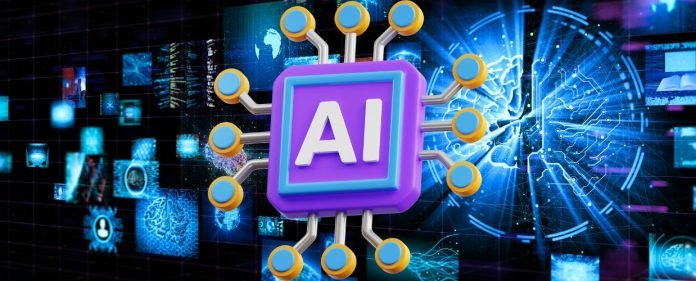In the fast-paced realm of technology, one innovation stands out as a beacon of promise and trepidation: Artificial Intelligence (AI). Over the past few decades, AI has evolved astonishingly, revolutionizing how we live, work, and even think. As we stand on the precipice of an AI-dominated future, examining its transformative impact and the complex issues it brings to the forefront is crucial.
The AI Odyssey: From Imagination to Reality
Artificial Intelligence, once relegated to science fiction, has steadily materialized as a force to be reckoned with. From chess-playing computers to self-driving cars and virtual personal assistants, AI’s ascension has been remarkable. Powered by the exponential growth of computing power and the development of advanced algorithms, Artificial Intelligence systems have transcended their initial limitations to tackle an ever-expanding range of tasks.
Machine learning, a subset of Artificial Intelligence, is at the heart of this revolution. Its ability to enable computers to learn from data without explicit programming has led to the development systems that can recognize patterns, make predictions, and even generate creative content. This transformation has profoundly impacted industries from healthcare and finance to entertainment and manufacturing.
Promises and Prospects: The Positive Facets of Artificial Intelligence
AI’s impact on society has not been solely measured in terms of innovation—it has also ushered in a host of societal benefits. One of the most significant areas is healthcare. Artificial Intelligence algorithms can now diagnose diseases with unprecedented accuracy, leading to early interventions and improved patient outcomes. Moreover, AI-driven drug discovery has expedited the development of new pharmaceuticals, potentially revolutionizing the treatment landscape.
Education, too, stands to gain immensely from AI integration. Personalized learning platforms powered by Artificial Intelligence can adapt to individual students’ needs, catering to diverse learning styles and paces. It enhances academic performance and fosters a lifelong love for learning.
Environmental conservation, often overshadowed by more conspicuous advancements, has also found an ally in Artificial Intelligence. Complex climate models, powered by AI-driven simulations, enable us to understand environmental changes better and make informed decisions to mitigate their effects. Smart energy grids optimize power consumption, reducing waste and our carbon footprint.
Navigating the Labyrinth: Ethical and Social Dilemmas
While the potential of Artificial Intelligence is undeniable, it’s crucial to acknowledge and address the ethical and societal dilemmas accompanying this transformative journey. As Artificial Intelligence systems grow in complexity, concerns about transparency and accountability become increasingly pressing. The “black box” problem—where AI systems make decisions without clear explanations—poses challenges, particularly in healthcare and law sectors where accountability is paramount.
Bias and fairness are other formidable hurdles. Artificial Intelligence systems learn from historical data, which can perpetuate societal biases present in that data. It has led to instances where AI systems exhibit discriminatory behaviors, from biased hiring practices to perpetuating racial and gender stereotypes. Tackling this issue requires a multi-faceted approach involving diverse teams and rigorous testing.
The job market, too, is experiencing seismic shifts due to Artificial Intelligence automation. While AI creates new job opportunities in fields like data science and machine learning, it also threatens to make certain roles obsolete. Reskilling and upskilling programs will ensure a smooth transition for workers displaced by AI-driven automation.
Looking Forward: Guiding Artificial Intelligence’s Trajectory
As AI’s influence expands, a collective effort is needed to ensure its benefits are harnessed while its pitfalls are minimized. Striking the right balance involves a multi-pronged approach.
Regulation is paramount. Governments and industries must work collaboratively to establish ethical guidelines and frameworks that promote transparency, fairness, and accountability in AI systems. Furthermore, investment in education and training programs will empower individuals to thrive in an AI-dominated workforce.
Interdisciplinary collaboration is also essential. Ethicists, technologists, policymakers, and sociologists must engage in dialogue to anticipate AI’s implications and address its challenges holistically.
Conclusion
The age of Artificial Intelligence is upon us, and its impact is transformative. AI’s potential is immense, from revolutionizing industries to enhancing our daily lives. However, the journey is not without its perils. Ethical considerations, bias mitigation, and workforce transitions must be the forefront of our collective efforts. The path forward lies in our ability to balance harnessing AI’s power and ensuring that it aligns with our values and aspirations. Ultimately, Artificial Intelligence’s true potential will be realized through technological advancements and its positive impact on society.



